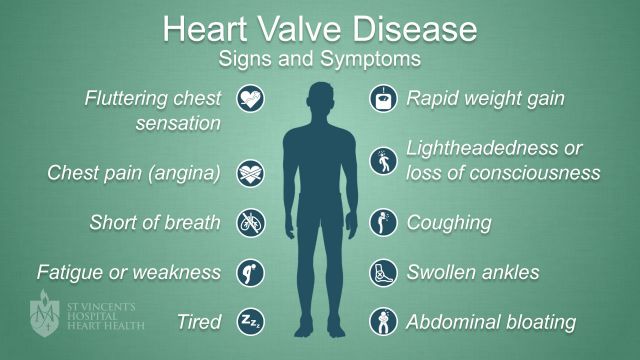Introduction
A bad heart valve is a condition in which one or more of the heart valves is not working properly. This can cause blood to flow backwards or not flow at all, which can lead to a number of problems.
Common Symptoms of a Bad Heart Valve
The most common symptoms of a bad heart valve include:
- Shortness of breath
- Fatigue
- Chest pain
- Palpitations
- Dizziness
- Fainting
- Swelling of the ankles, feet, or abdomen
In some cases, a bad heart valve may not cause any symptoms. This is more common in people with mild or moderate cases of the condition.
If you experience any of the symptoms of a bad heart valve, it is important to see a doctor right away. Early diagnosis and treatment can help to prevent complications, such as heart failure or stroke.
Causes of Bad Heart Valves
There are a number of causes of bad heart valves, including:
- Congenital heart defects
- Infections, such as rheumatic fever
- Degenerative conditions, such as age-related changes in the valves
- Traumatic injuries
The treatment for a bad heart valve depends on the severity of the condition and the underlying cause. In some cases, medication or lifestyle changes may be enough to manage the symptoms. In other cases, surgery may be necessary to repair or replace the valve.
If you have a bad heart valve, it is important to work with your doctor to develop a treatment plan that is right for you. With proper care, you can live a long and healthy life.

Conclusion
To sum up, recognizing the symptoms of a malfunctioning heart valve is crucial for early detection and appropriate intervention. Whether resulting from valvular stenosis or regurgitation, these symptoms can significantly impact cardiovascular health. Seeking timely medical evaluation and treatment can make a substantial difference in maintaining heart function and overall well-being.



